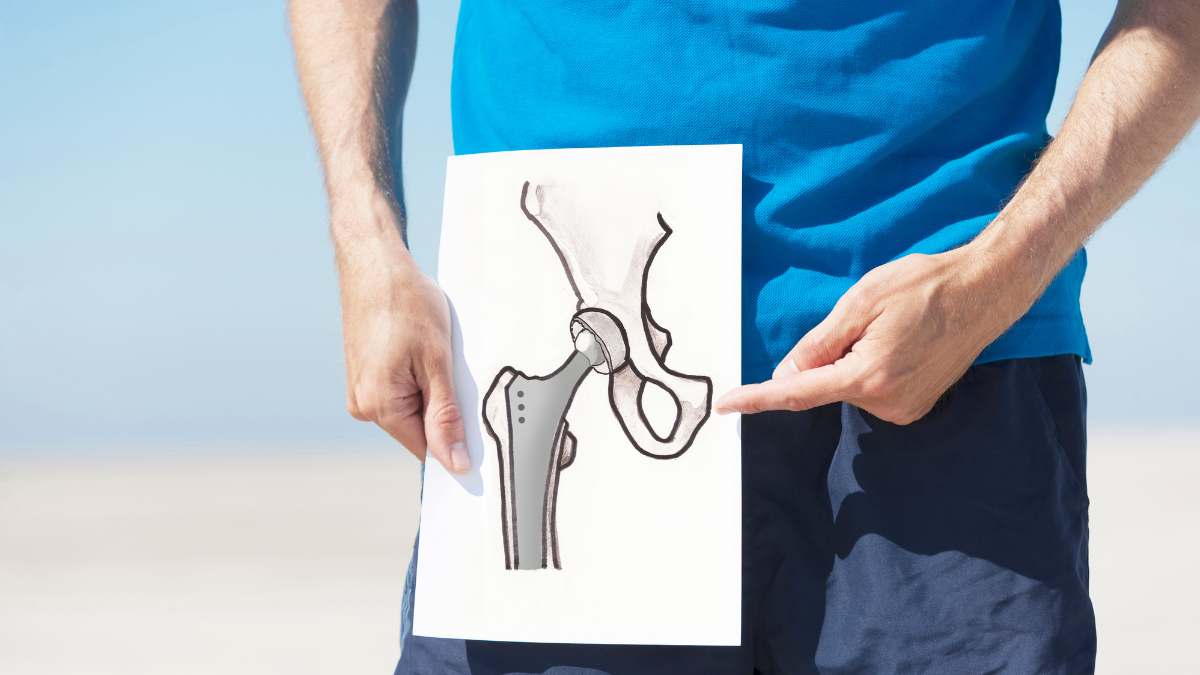- Opening hours: 24 Hours
- Call us today: +91 86960-97555
- Email us: info@drsskhatri.com
As an orthopedic surgeon, trauma is a common part of our daily work. While some trauma cases are straightforward, others may be complex, requiring a high level of skill, experience, and empathy. Here, we will explore the differences between normal and complex trauma handling, and how we approach these cases.
Normal trauma handling refers to situations where a patient has suffered an injury, and as orthopedic surgeon, we apply standard treatments and techniques to facilitate recovery. For example, a patient with a broken arm will typically undergo an X-ray to determine the extent of the damage, followed by a cast or brace to immobilize the limb while it heals. Similarly, a patient with a sprained ankle may require rest, ice, compression, and elevation to reduce swelling and pain.
While these cases may seem straightforward, it is essential for us to remain vigilant and attentive to the patient’s needs throughout the recovery process. This includes monitoring for signs of infection or complications, adjusting treatment plans as necessary, and providing emotional support to help patients cope with the physical and mental toll of their injuries.
On the other hand, complex trauma handling involves situations where a patient has suffered multiple injuries, or the trauma has resulted in significant damage to the body. These cases require a higher level of expertise and may involve more invasive procedures to repair the damage.
For example, a patient involved in a severe car accident may have multiple broken bones, soft tissue injuries, and internal injuries that require surgery to repair. Similarly, a patient with a complex fracture may require a surgical procedure called open reduction and internal fixation, which involves placing screws or plates to hold the bone in place while it heals.
In these cases, we work closely with other medical professionals, to ensure that the patient receives the comprehensive care they need. This may involve coordinating with physical therapists, occupational therapists, and other healthcare professionals to develop a customized rehabilitation plan that addresses the patient’s unique needs and goals.
Handling complex trauma also requires a high level of empathy and communication skills. Patients who have experienced significant trauma may be in pain, fearful, and emotionally vulnerable. As an orthopedic surgeon, we listen to the patient’s concerns, answer their questions, and provide reassurance and support throughout the recovery process.
In conclusion, trauma handling is an essential part of our work. While some cases are straightforward, others require a high level of skill, experience, and empathy to ensure that patients receive the best possible care. By remaining vigilant, working closely with other medical professionals, and providing emotional support, we are helping patients recover from trauma and regain their quality of life.
Get Best & Affordable Treatment.
Get In Touch In The Mean Time.
Our mission is to provide high quality chiropractic care, supportive therapies and nutritional weight loss solutions
Plot No. 7a, Amrapali Marg
Block a,
Vaishali Nagar, Jaipur
Get an Appointment
Team of Professionals




Read Our Latest News & Articles
Find out what’s new and get updates on treatments, procedures, incredible patient stories, and special cases in our blog section.





